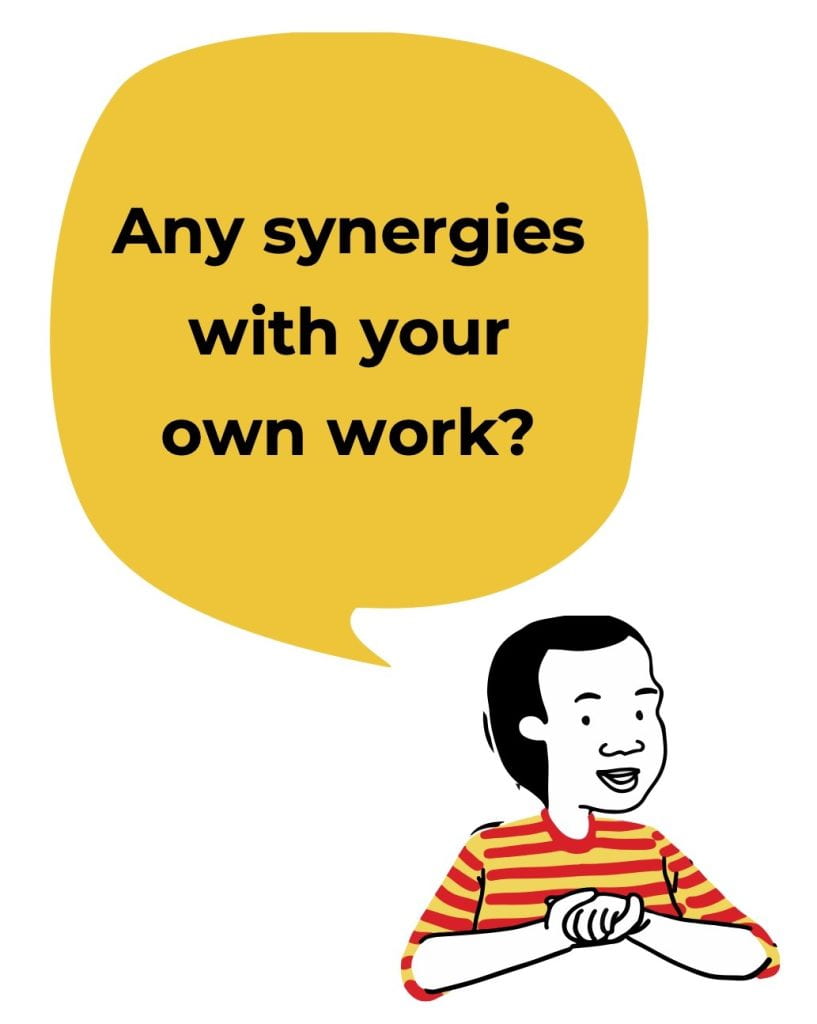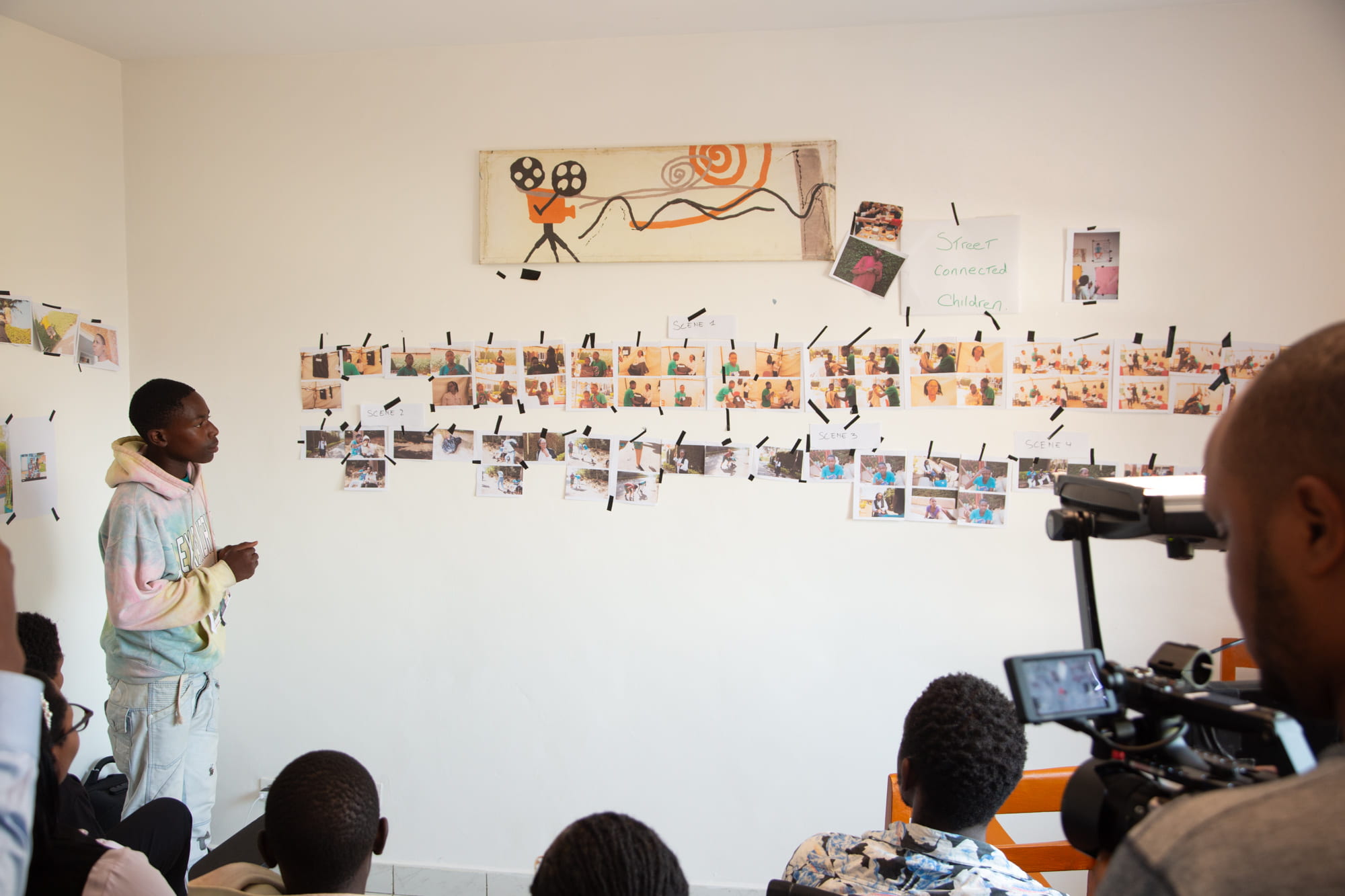Latest posts
- Press: Art-based Pedagogy for the freedom of thought and creativity: an alternative approach to implement the Emancipated Curriculum in Indonesia 8 July 2024
- Framing a Mithila art-focused local curriculum in Nepal 4 July 2024
- Photo Storybook of Dēudā Folklore & Social Transformation in Nepal 3 July 2024
- Reflections on piloting lessons for a Nepal Arts Education Framework/Curriculum 28 June 2024
- May-June 2024 Newsletter 23 June 2024
- Teaching Mithila art through a local arts education curriculum: the development of the lessons 19 June 2024
- Final project report: Mobile Arts for Peace (MAP) Large Grant Evaluation – Joint Report 19 June 2024
- Final project report: MAP Large Grant Main Report – Indonesia, Kyrgyzstan, Nepal and Rwanda by Institute for Social Innovation and Impact, University of Northampton 19 June 2024
- Final project report: Mobile Arts for Peace (MAP) University of Edinburgh Large Grant Report: An evaluation of impact of the Medium Grants in Rwanda and Nepal 18 June 2024
- Book chapter: Children, Youth, and Participatory Arts for Peacebuilding: Lessons from Kyrgyzstan, Rwanda, Indonesia, and Nepal 14 June 2024
- Visualising peace in the face of shared suffering 10 June 2024
- Video Introduction to YAAR in Nepal 5 June 2024
MAP Webinar: Visualising Peace
- Cultivating well-being and mental health
22nd April 2024
On Thursday, April 18, Mobile Arts for Peace (MAP) was hosting a webinar on “Visualising Peace.” Visualising Peace is a research project in Rwanda run in partnership with the Kwetu Film Institute, the University of Lincoln, and Uyisenga Ni Imanzi (UNM) as part of the broader Mobile Arts for Peace (MAP) project.

The webinar began with Professor Ananda Breed (MAP Principal Investigator) providing an overview of the Mobile Arts for Peace (MAP) project: Informing National Curriculum and Youth Policy for Peacebuilding in Kyrgyzstan, Rwanda, Indonesia and Nepal. This was followed by a presentation by Tom Martin and Michelle Walsh, Principal Investigator and Co-Investigator of the Visualising Peace project, who are also senior lecturers at the University of Lincoln, UK.
Below are the key highlights from the presentations of our key speakers:
1. Overview of the Visualising Peace Project
In the first session, Tom and Michelle gave an overview of the Visualising Peace project in Rwanda. They shared various visual storytelling methods that were used with young people (MAP Club) to explore mental health issues, such as using photos, drawing, storyboarding, and framing. The projects methods then included delivering practical workshops as well as the pre-production processes of filmmaking. These sessions were facilitated by the Kwetu Film Institute. Three short films were produced that discuss young people’s experiences of mental health in three different contexts: in the home; in education; and the mental health of street connected youth. Watch them here.

2. Policy impact
The second session focused on the policy impact of the Visualising Peace project. Following the production of the three films, three events were organised to promote the co-produced films to policymakers, civil society organisations and the wider public, each with a slightly different focus.

- An initial press briefing: resulted in significant national print, web, and TV coverage of the project, raising awareness of the project and stimulating dialogue on mental health issues at a national level.
- A film screening and panel discussion: 45 invited guests, including members of the press, mental health professionals from hospitals across the capital, the Rwanda Women’s Network, and policymakers (National Child Development Agency, National Biomedical Centre, Never Again Rwanda). The audience had the opportunity to hear from some of the young people involved in making the films, who spoke about the material and the positive impact of the project on their experiences.
- A youth-led symposium with policymakers and mental health professionals: the young people presented their artwork, which included images, text, and video, and used it as a tool to discuss and advocate for mental health support. There were several panels led by the young people to discuss the material and its impact.
The MAP webinar on Visualising Peace opened a fruitful and enlightening conversation exploring different dimensions of filmmaking with young people and influencing mental health policy. We looked at the methodological approaches used, the symbolic and metaphorical aspects of the films, and delved into the deep process of meaning-making and cultural interpretation. It also explored some ethical considerations in involving young people in these initiatives and navigated the delicate balance between spontaneity, flexibility, and trust entailed in participatory methodologies.
Slides of the MAP Webinar on “Visualising Peace”
Recording of the MAP Webinar on “Visualising Peace”

Mobile Arts for Peace is an AHRC/ GCRF Network Plus project. MAP is a collaborative project between civil society organisations and CSO workers, cultural organisations and artists, health institutions and psychosocial workers, universities and researchers, and children and young people.

Visualising Peace
Using film-making and art exhibitions to address the barriers young people face in engaging and influencing community members and policymakers.
